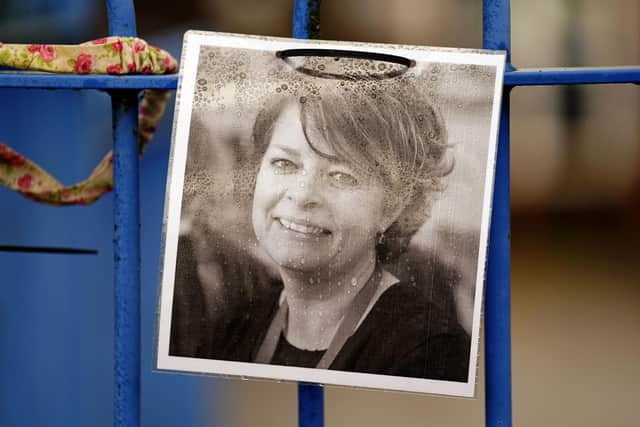Ofsted’s inconsistencies pile pressure on staff and undermine parents’ confidence - Stephen Naylor
I write as the parent of two young children who, at the age of seven and four, have grown up and been nurtured by a nursery – a nursery the likes of which we need to be encouraging more of to support parents back to work, but a nursery which has been hindered and belittled by an inspection process that is not fit for purpose.
As parents, we choose the place that cares for our little ones carefully, so to read an Ofsted report that essentially says your judgement of seven years is misguided, and our verdict after seven hours is that your sons are not safe, is as perplexing as it is wrong. When it then goes on to reference missing parts from a Mr Potato Head as a key factor in decision-making, you wonder no longer about the integrity and value of the judgement. If it was one inspection, one judgement or one report, you might put it down to a mistake. They happen. But it cannot be explained away like that because when you look a little deeper, there are simply too many inconsistencies.
Advertisement
Hide AdAdvertisement
Hide AdInconsistencies within reports which are impossible to reconcile with reality. Inconsistencies between reports which make it impossible to understand how a system that is meant to be objective and consistent can be so subjective and wrong.


The West Yorkshire nursery given an inadequate judgement for a door being found open to accept a supermarket delivery, ignoring the fact there were locked doors inside and food has to enter the building somehow. Compared to the West Yorkshire nursery given an outstanding judgement despite being told by Ofsted it needed to take action to keep children safe and that significant accidents had not been reported.
To compound all of this, there is a complete lack of accountability. The only place you can complain about Ofsted is to Ofsted. And I was even told as a parent, they would not listen to my views. It is like a child taking an exam, marking their own paper, saying they achieved 100 per cent and then refusing to let anyone check if that is actually what happened. These are just some examples from the past 12 months, but there have been far too many stories of inspections leading to judgements and reports that are demeaning and damaging to settings that have been doing their best, in some of the most challenging times faced by us all, but particularly those on the front line in education and children’s services.
All of this is not saying there should not be an independent regulator of early years provision, schools, education and children’s services. There should. But what we do need is one that is trusted – by parents and by the sector.
Advertisement
Hide AdAdvertisement
Hide AdIt is clear there are systematic failings at Ofsted. We cannot be confident that serious threats are being stopped. What we can be confident of is that, as the case of Ruth Perry so tragically shows, its actions are creating fear, distrust and despair among the vast majority within the sector who deserve help and support not public humiliation and chastisement. This must not be allowed to go on.
Stephen Naylor is owner of Brighouse-based communications consultancy Waverley.